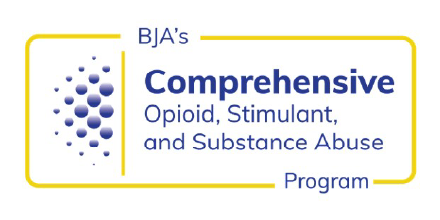Individuals placed on the frequent utilizer list are noted on select county Behavioral Health system databases. When they show up at the CARE campus for detoxification or the Public Inebriate Intervention Program, the intake team will see they are on the frequent utilizer list. The same is true for those arriving at the county’s Resource Reentry Center in Downtown Albuquerque, where inmates go immediately after release from jail for support services as they transition back into daily life. When staff meet someone from the frequent utilizer list at either site, they offer case management. If the individual already has it, they try to connect them to that case manager; if not, they ask if they’d like one.
- FEB 2020
- Substance Abuse and Mental Health Services Administration
